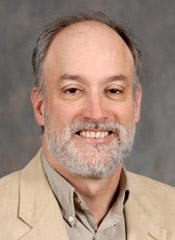Living smarter with sensor technology
will.ferguson
For many people approaching retirement, finding ways they can continue to live at home safely as they age is an issue, one for which two Washington State University professors at the university’s campus in Pullman have been seeking a solution.
For almost 10 years now, professors Diane Cook and Maureen Schmitter-Edgecombe have been researching what’s called smart-home technology, a kind of sensor monitoring system that might help seniors stay independent longer. A study that’s part of that long-term effort currently is underway and is scheduled to wrap up next summer.




